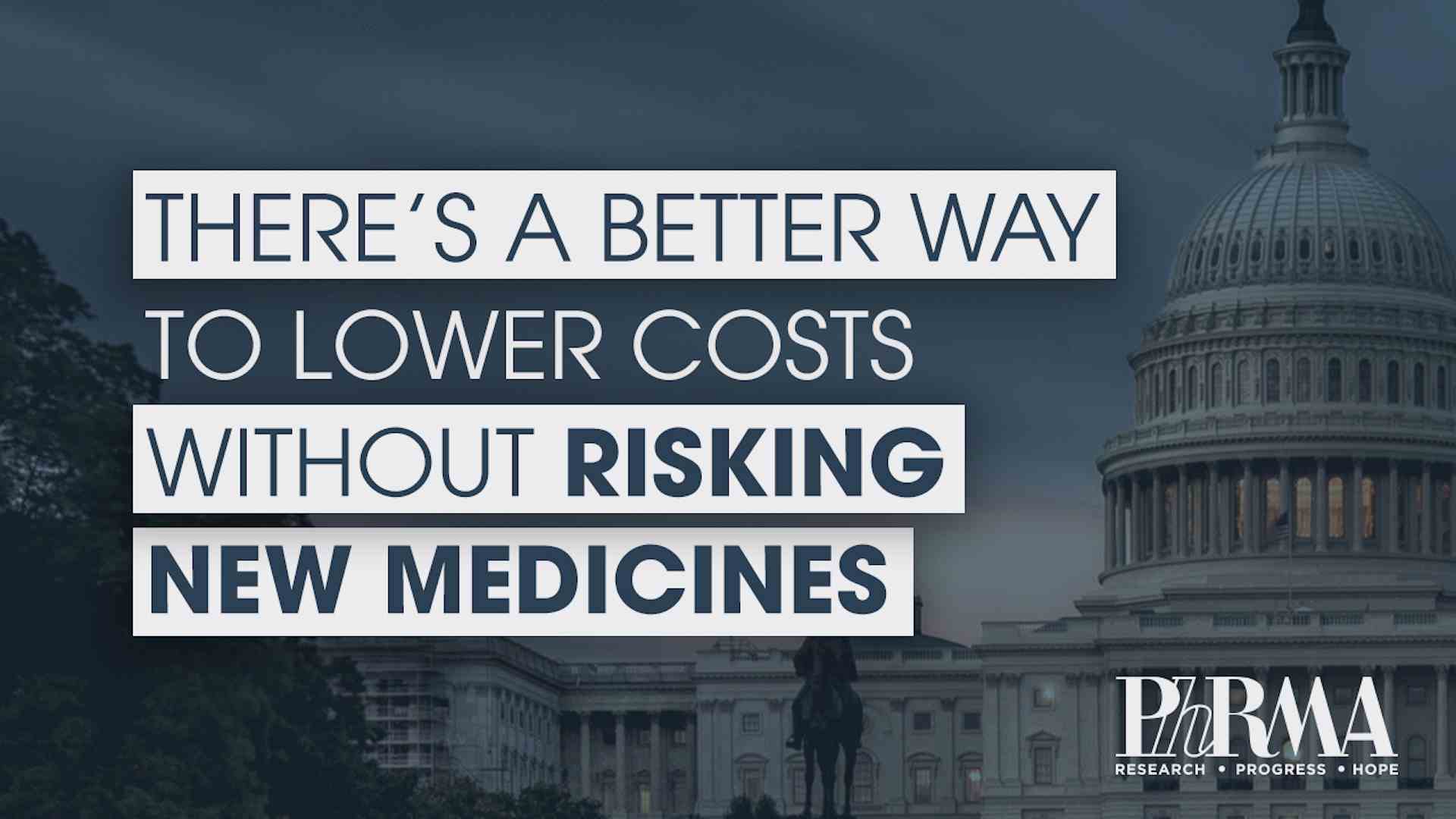Plus, bad news for fall booster campaigns | Tuesday, July 19, 2022
| | | | | | | Presented By PhRMA | | | | Axios Vitals | | By Tina Reed · Jul 19, 2022 | | Good morning, Vitals readers. Today's newsletter is 823 words or a 3-minute read. 💻 Join me and Axios' Monica Eng tomorrow at 12:30pm CT for a Smart Take virtual event examining solutions to the nation's mental health crisis. Guests include U.S. Surgeon General Vivek H. Murthy. Register here. | | | | | | 1 big thing: Abortion training set to change after Dobbs decision |  | | | Illustration: Natalie Peeples/Axios | | | | Virtual training and practice on anatomical models may soon become the norm when training OB-GYN residents in abortion care, Axios' Arielle Dreher and Oriana Gonzalez write. Why it matters: As programs retool in the post-Roe v. Wade landscape, there are concerns about how prepared the next generation of OB-GYNs will be to meet the demand for induced abortions and emergency pregnancy care. - "The big thing I am worried about is relying on miscarriage for all the patient care experience," said Jody Steinauer, director of the Bixby Center for Global Reproductive Health.
Driving the news: Nearly half of the nation's accredited OB-GYN programs are in states that are certain or likely to ban abortion. What they're saying: The alternative training can't adequately simulate an emergency situation or a case with complications, Caitlin Bernard, an OB-GYN in Indiana and assistant professor at the Indiana University School of Medicine, told Axios. - And there are concerns about whether residency programs and freestanding abortion clinics in states without abortion bans can handle the influx of out-of-state residents.
- The new guidance from the accreditation council "leaves many questions unanswered regarding provision of resources and the expectations of institutions who may be asked to increase their training capacities," said Erica Hinz, director of the family planning residency program at University of Illinois Chicago.
What we're watching: Limited opportunities for full OB-GYN training will weigh heaviest on states with "maternity care deserts." - "If you don't come here to train, then it's very unlikely for you to then come here for a job," Bernard said.
Go deeper. |     | | | | | | 2. More patients died post-surgery where COVID was worse |  Hospitals with more COVID patients during the first pandemic wave in 2020, saw more patients die after surgical procedures, Arielle writes about a study published in the Journal of the American Medical Association. The big picture: Researchers think patients seeking care too late due to fear of COVID-19 and the disruption in care at hospitals caused by the pandemic, were both factors. By the numbers: In the study led by the University of Rochester School of Medicine, researchers analyzed more than 2.9 million surgeries at 677 hospitals, using the CDC National Health Care Safety Network data. - The odds of dying at hospitals with a very high COVID-19 burden from March to May 2020 were 38% higher than at facilities with low COVID-19 burdens.
- Insurance status didn't play a factor in surgery outcomes for patients in hospitals with a high number of COVID cases.
Yes, but: Patients with Medicaid or no health insurance still had higher odds of dying or having poorer outcomes than patients with private coverage, the study found. - The authors said the findings point to health care challenges that low-income patients face before and after they leave the hospital.
|     | | | | | | 3. Axios-Ipsos poll: We'll never be rid of COVID |  Data: Axios/Ipsos poll; Chart: Simran Parwani/Axios Nearly 8 in 10 Americans think we won't be rid of COVID-19 in our lifetimes, Axios' Adriel Bettelheim writes about the latest installment of the Axios/Ipsos Coronavirus Index. Why it matters: The poll is new evidence that most Americans have moved past the pandemic, and are likelier to be focused on inflation and making ends meet than what variant is spreading or what COVID treatments are available. - The poll findings also suggest that the reach of the pandemic may be wider than previously thought.
- 46% think they've had, or suspected they had, COVID at some point during the pandemic — a far larger percentage than the CDC estimates based on the presence of antibodies in the blood.
Be smart: Asked about their top concern about COVID-19, 27% said they're worried about spreading the virus to those at higher risk of serious illness, while 13% said their biggest concern is dying after being infected. - The relatively small percentage of Americans who still feel a personal sense of risk, poses big challenges for public health officials planning fall booster campaigns or expanded access to shots before then.
- "A special Omicron flavor of the vaccine isn't going to encourage them to get the shot," said Ipsos pollster and senior vice president Chris Jackson.
Share this story. |     | | | | | | A message from PhRMA | | Government price setting could mean fewer new medicines | | |  | | | | Today, there are: - 90 medicines in development for Alzheimer's disease.
- 26 for childhood diabetes.
- 119 for breast cancer.
And the list goes on — but which diseases could go untreated if Congress passes government price setting? There is a better way to lower costs without risking new medicines. | | | | | | 4. Deadly heat wave sweeps Europe & U.S. |  | | | Photo: Angel Garcia/Bloomberg via Getty Images | | | | Paramedics bring a patient to an emergency room during a heat wave in Barcelona on Monday. What to watch: Some 40 million Americans are under heat alerts due to "dangerous and intense" potentially record-breaking heat across the Plains and Mississippi Valley that's expected to expand into the Southeast this week, Axios' Rebecca Falconer writes. |     | | | | | | 5. Catch up quick |  | | | Illustration: Gabriella Turrisi/Axios | | | | ☝️ Demand for abortion pills has soared as states move to ban or restrict access. (Axios) 💰 People who work at biotech, life sciences, and pharmaceutical companies pull in the largest salaries of anyone in health care. (STAT) :hospital: An Illinois-based Catholic hospital network will only cover fertility treatments for employees in opposite-sex marriages. (Axios) |     | | | | | | A message from PhRMA | | Patients lose when the government sets prices | | |  | | | | Government price setting cripples innovation and has potentially devastating consequences for patients. Why it's important: There are 119 medicines in development for breast cancer, but price-setting policies can change that. Tell Congress to protect access to new medicines. | | |  | | Why stop here? Let's go Pro. | | | | | | Axios thanks our partners for supporting our newsletters. If you're interested in advertising, learn more here.
Sponsorship has no influence on editorial content. Axios, 3100 Clarendon Blvd, Arlington VA 22201 | | | You received this email because you signed up for newsletters from Axios.
Change your preferences or unsubscribe here. | | | Was this email forwarded to you?
Sign up now to get Axios in your inbox. | | | | Follow Axios on social media:    | | | | | |
Post a Comment
0Comments